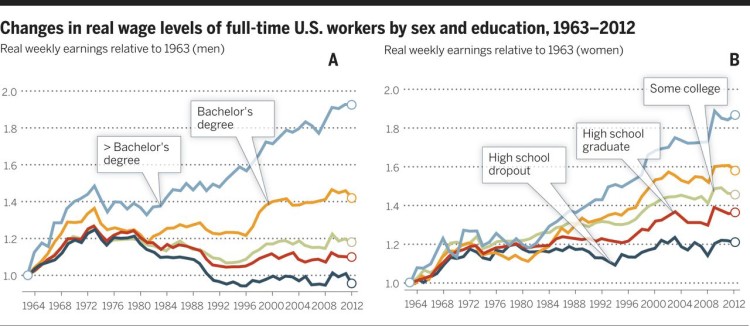- 06 Oct 2021 13:32
#15193522
Yes, it is. Maybe to a lesser extent for the elites personally but generally speaking. It dominates politics in the US and makes compromise more difficult.
Also, describe the "neo-liberal paradigm" to me. It's not clear what that is supposed to mean.
Potemkin wrote:No, it isn't. It really isn't. The West's social and economic elites are perfectly happy to concede every traditional cultural position to the progressives and the radicals, but the continued existence of capitalism and the neo-liberal paradigm is not up for negotiation.
Yes, it is. Maybe to a lesser extent for the elites personally but generally speaking. It dominates politics in the US and makes compromise more difficult.
Also, describe the "neo-liberal paradigm" to me. It's not clear what that is supposed to mean.















 - By Tainari88
- By Tainari88